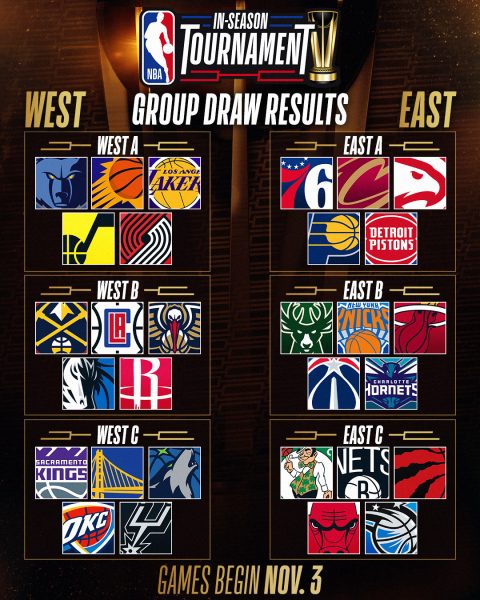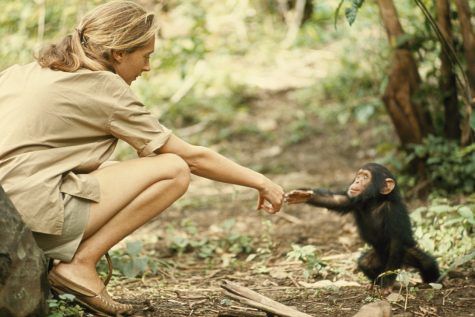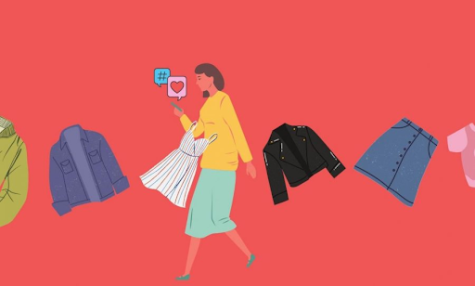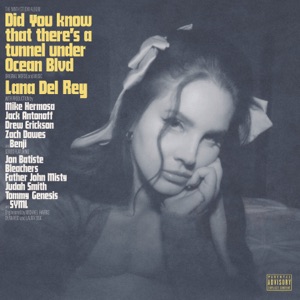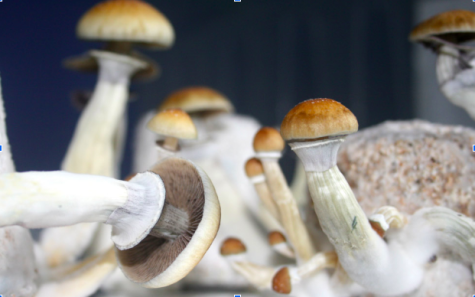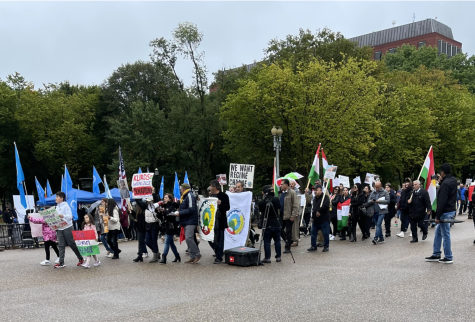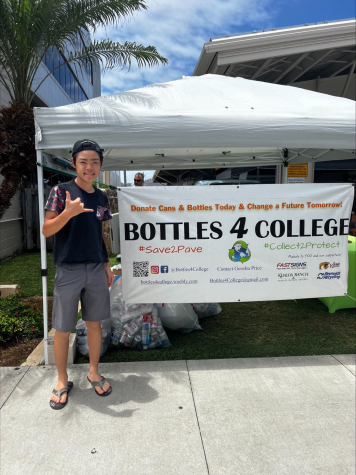The Queer Liberation Society: Celebrating the Beauty of LGBTQ+ Identity
QLS Logo on its Canvas page, created by Molly Torinus, represents LGBTQ+ solidarity.
In 1970, then-recent college graduate John D’Emilio and his boyfriend, Jim Oleson, heard of the thousands of LGBT+ people and activists openly protesting—the couple “just couldn’t imagine it.” This mass congregation would become the first of many pride parades and a historical instance of LGBTQ+ people engaging in liberation and creating a safe space when discrimination was rampant.
Even today, the queer community faces marginalization, despite the strides made forward in fighting for their human rights. Stanford OHS aims to accept all students, regardless of their sexuality or gender identity, and the creation of LGBTQ+ and Ally student groups has been crucial to achieving this goal.
Nicole Varveris, Director of Diversity, Equity, Inclusion, Belonging & Access says that the mission of OHS is “for each member of the community to feel valued and supported,” and that the school supports student’s sense of belonging “through the creation of identity affirming clubs and circles.” She furthers that it is “so crucial that these spaces exist within our community in which students feel safe to show up as their authentic selves and [are] valued, seen and respected when they do.”
Only last year did 8th Grader Molly Torinus create the Queer Liberation Society (QLS), originally an underground student organization that aims to create “a space at OHS where students can not only meet other queer people but learn more about the beauty of queerness.,” focusing on liberating queer people rather than education.
The QLS has now been nominated to an official circle and a safe space for the queer student body in our school, remaining a valuable resource for anyone looking to educate themselves on how to better understand LGBTQ+ topics.
OHS’ Queer Liberation Society additionally operates under a unique set of philosophies, which includes valuing anti-assimilationism, the idea that queerness, rather than being simply acceptable, is a beautiful way of life and “that queer people should embrace what makes us different rather than trying to fit within the confines of a heteronormative life,” as Molly says.
An anonymous member adds says that “there’s a lot of support and resources for people to find. I found the attitude of members to be very un-judgemental and accommodating, and in general it’s been a great experience!”
Queerness is about so much more than how you’re born. it’s a way of existing in which you choose to define your gender and the way you love for yourself, love your chosen family fiercely, live gloriously outside every system.
— Molly Torinus
Creatively, the QLS celebrates queerness through collectively-made mixtapes of songs related to different LGBTQ+ issues and activism, ranging from queer feminism to self-love and, with the goal of “empower[ing] our members to create art that expresses their radiant queerness.” In addition, several subchats exist, including a QLS Dungeons and Dragons Group, an LGBTQ+ in STEM Chat, and a branch related to helping members with interpersonal homophobia and transphobia.
The meetings generally consist of introductions, engaing with two pieces of literature or art, a discussion on the daily topic, ideas for direct activism, and a fun game relating to the subject. In the second meeting of the year on queer love, participants analyzed poetry and a love letter, discussed the intersection of queerness and politics, and played a game of Skribbl.io on LGBTQ+ terminology.
Through a carefully curated set of links, OHS students are able to enter the QLS Waiting Room and later be invited to the official Skype chat. The members emphasize that anyone can join, regardless of their sexuality or gender identity.
Molly redefines the term “ally” into an accomplice of the community, someone who “can try to imagine how it feels to be queer – not only in moments of oppression but [also] in moments of beauty”. Promoting a full understanding of queerness, the circle provides numerous accomplice, liberationist, and activist resources, such as guides on using gender-neutral pronouns and a detailed LGBTQ+ Encyclopedia.
Jasmine Li, an OHS student in 12th Grade, says that the QLS “provided a great space in the OHS community for me to learn more about becoming a better ally,” and she “love[s] the recommendations of poetry and art from queer artists.”
We are far from truly liberating the queer community, but groups such as the QLS motivate us to pursue important causes and advocate for equality through student-led activism. To everyone at OHS, Molly would like to offer this powerful message:
“Queerness is about so much more than how you’re born. it’s a way of existing in which you choose to define your gender and the way you love for yourself, love your chosen family fiercely, live gloriously outside every system. Once you start to see the beauty in queerness, you can’t unsee it – and whether you see it in yourself or not, the QLS is a space where you can be your most authentic self.”


